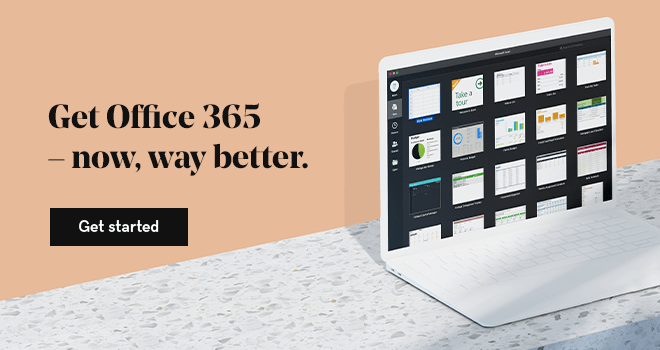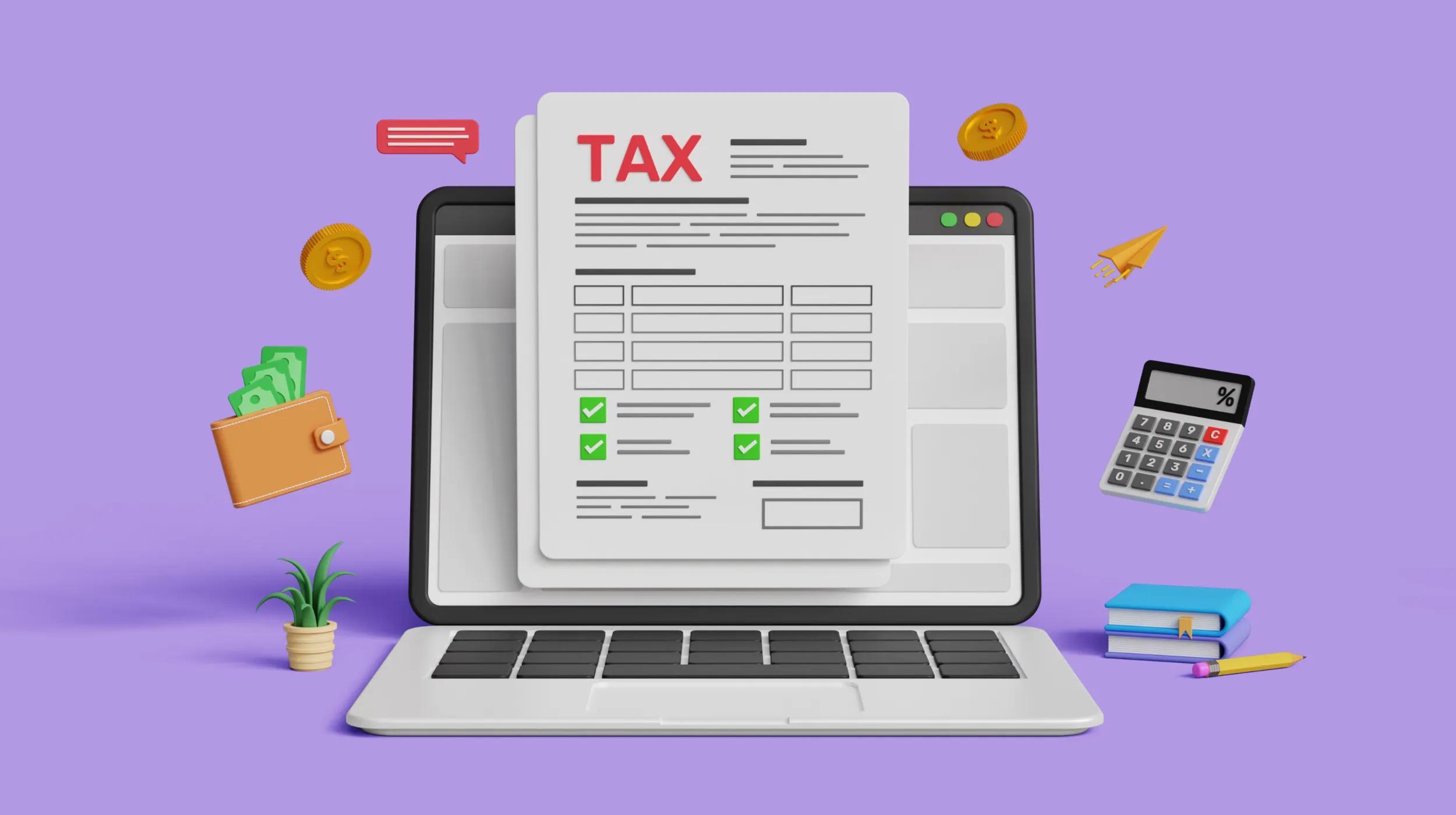Congratulations! It’s time for your new buzz phrase of the month. You’re by now familiar with so many others, right? “Millennials” and “YOLO” and “twerking.” “Bucket list” and “artisanal” and “hipster” and “selfie.” So why not another?
Get ready for it … “flex economy.”
It’s catchy and kind of cool and business-like. But it’s also a little different from the others. That’s because this buzz phrase is actually important. The “flex economy” really affects your business. It’s a bona fide thing that’s happening.
What is the flex economy?
Simone Baribeau of the Christian Science Monitor wrote recently that today’s flex economy “symbolizes a fundamental shift in the American labor force – people becoming independent workers.”That’s transformative stuff. Here’s how Baribeau described this shift:
“From the high-tech halls of Silicon Valley to the bedsides of hospital patients, from Miami to Seattle, a growing number of people are forgoing full-time jobs in order to work independently – either by starting their own businesses, freelancing, or becoming contract, on-call, or temp workers. In some cases, they are being forced out on their own by businesses cutting costs or avoiding benefit payments. In other cases, the move is by choice – a desire to control their lives and shape their futures.”
What does the flex economy mean for you?
Your business has recovered from the great recession and is struggling to grow. And hopefully it’s growing. And hopefully you’re finding yourself seeking more people to help. This is a good thing.
However, the workforce has changed.
Many have emerged from the recession smarting, having spent months on unemployment and facing financial pressures. They’ve come to trust employers less and themselves more. They’re more apt to look for projects, assignments and other work they can do on their own, rather than tying their fate to one company. They want to stay flexible. This is the new flex economy.
How do you, as a business owner, respond?
You embrace outsourcing.
You use sites like Scripted, Elance, Guru and Craigslist to find people. You accept that your workers don’t want to just work for you and they will have other clients. You learn the tax rules of independent contracting. You create solid contracting agreements. You pay on delivery. You manage by deliverables.
You make it a policy to give more work when the work is done well and to just stop giving the work when the work is done poorly.
You start treating your independent workers for what they are in the flex economy: their own micro-businesses. You buy their services when you need them. You compare their pricing with others. You do business with people you trust.
You leverage technology.
You look for the best people to do work no matter where they live. That’s because geographic location in the flex economy is less important that it was before. You use remote connection tools to allow them access to your internal computers. You rely on collaboration systems like Microsoft® Office 365 to share documents, files, spreadsheets and other data in the cloud.
You become proficient with communication tools like Skype®, Google+™ Hangouts, FreeConferenceCall.com® and cloud-based phone systems like Grasshopper® and VirtualPBX.You conduct online meetings with applications like Lync and Join.me.
You recognize that these very inexpensive yet powerful technologies can help you manage your flex workers no matter where they are and no matter what they’re doing. This gives them freedom and independence. And this gives you the best resources.
You become more internally flexible.
Just because your employees prefer a full-time job with benefits and vacation doesn’t mean they don’t want a little flexibility, too. They do not live in a vacuum. They see you using independent people. They have friends who work in other companies that may have more flexible policies than your own.
Maybe it’s OK for large companies to require their people to work inside their walls, but as a small business owner you want to provide a different type of benefit that will draw talent to your company. And that benefit is flexibility. Open yourself up to remote workers. Let your people work from home a day or so each week. Allow them to leave their desk and get out and about. Provide them with a device to keep them connected to the office all the time.
Show them that you trust their judgment and respect their lifestyle.
Sure, mistakes will be made. Some might take advantage. Others might not be as productive away from their desk. You’ll need to deal with that. But that’s a new challenge that employers face in the flex economy. And the smart managers will figure out answers to those problems so that they can attract the best people to help their companies grow.
Yeah, we know the buzz phrases — and the “flex economy” is one of them. But it’s real. And it’s important. And no matter what you call it, dealing with this reality could mean the difference for your company’s future success.







